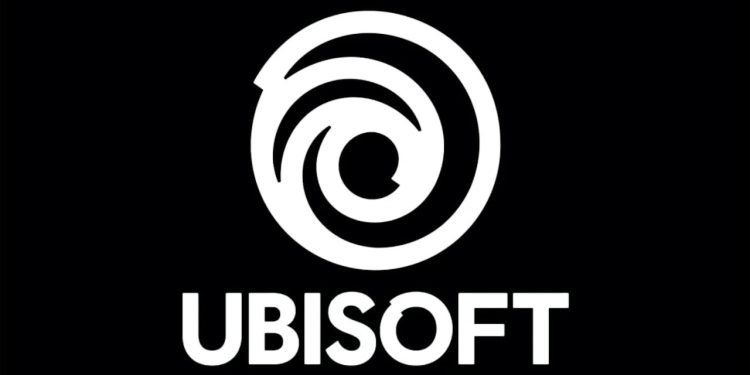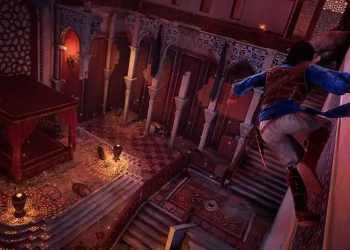Ubisoft CEO Yves Guillemot used the company’s latest earnings call to place a big bet on generative AI and to suggest the technology is moving out of labs and into live games. On the call Guillemot said, “we are making great strides in applying gen AI to high-value use cases that bring tangible benefits to our players and teams. It’s as big a revolution for our industry as the shift to 3D, and we have everything to lead on this front.” He added, “On the player experience side, we are continuing to make progress on groundbreaking, player-facing generative AI applications, building on our new NPC announcements in 2024.”
The comments point back to Project NEO NPC, Ubisoft’s experimental effort to combine character models and chatbot-style systems into interactive non-player characters that can react to players while keeping writers involved in the process. At a March 2024 presentation, Ubisoft demonstrated a system that aimed to preserve a character’s voice and intent even as responses were generated in real time.
Data scientist Lopez Malet described that challenge bluntly while the project was still early. “The model’s task becomes: I must impersonate this character,” she said. “It is really important to us that it behaves like the character Virginie created. So, while we’re talking to it, we ask ourselves: ‘Is this Lisa? Would Lisa say this?’ and if the answer is no, we need to go back and find out what happened within the model to make it stray from the vision Virginie had.”
Guillemot told investors Ubisoft has “already advanced from prototyping to player reality, and we are looking forward to sharing more before the end of the year.” He also said Ubisoft now has teams across studios exploring gen AI use cases in programming, art, and overall game quality.
That broad internal push aligns Ubisoft with other major publishers experimenting across the stack. Gabe Newell has been publicly bullish on AI, calling it a “cheat code” for business and tech, and the company’s move sits next to public experiments from several studios and publishers. Previously, Gabe Newell called AI a ‘cheat code’, providing more on Valve’s position and how other execs are framing the tech.
Not every application has landed cleanly. Arc Raiders faced backlash for using AI voices, and the debate spilled into public forums about when AI is a valuable production tool and when it feels like a replacement for human creatives. Some uses have provoked stronger reactions, and a former Square Enix executive summed up one angle of the debate when they said, “Gen Z loves AI slop,” which means that Arc Raiders’ controversial AI usage is just “the tip of the spear.” Ubisoft appears to be trying to thread a narrow needle. The publicly quoted aims are to keep writers and designers in control of character identity while using generative systems to expand interactions and reduce repetitive labor. The company also signaled that progress on NPCs and other player-facing features will be disclosed before the year’s end.
Expectations for how those systems will look in practice remain open. There are meaningful questions about testing, moderation, localization, and how generated content will sit alongside authored narrative beats. Guillemot framed the move as a companywide strategic initiative tied to hiring and studio investment decisions, but the exec’s comments did not include specific release windows or titles. Comments like Guillemots are likely to keep the conversation about generative AI in games active. The balance between productivity gains and creative control will be a central theme as studios pilot new tools and players respond.
Please leave thoughts in the comments and follow the team on X, Bluesky, and YouTube for quick updates and deeper looks.


























